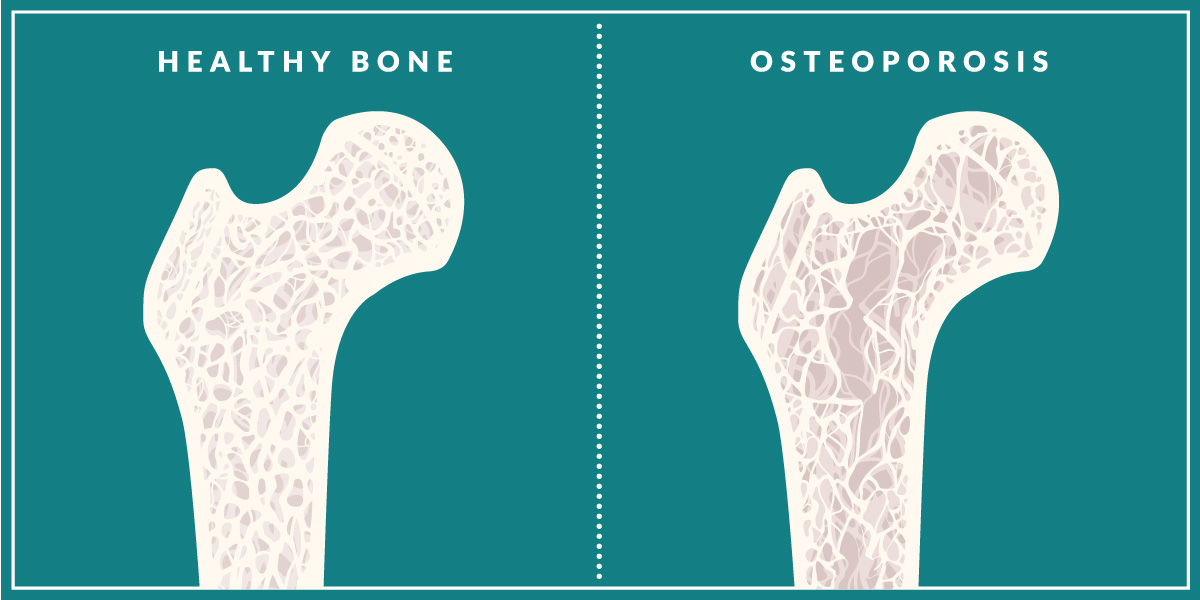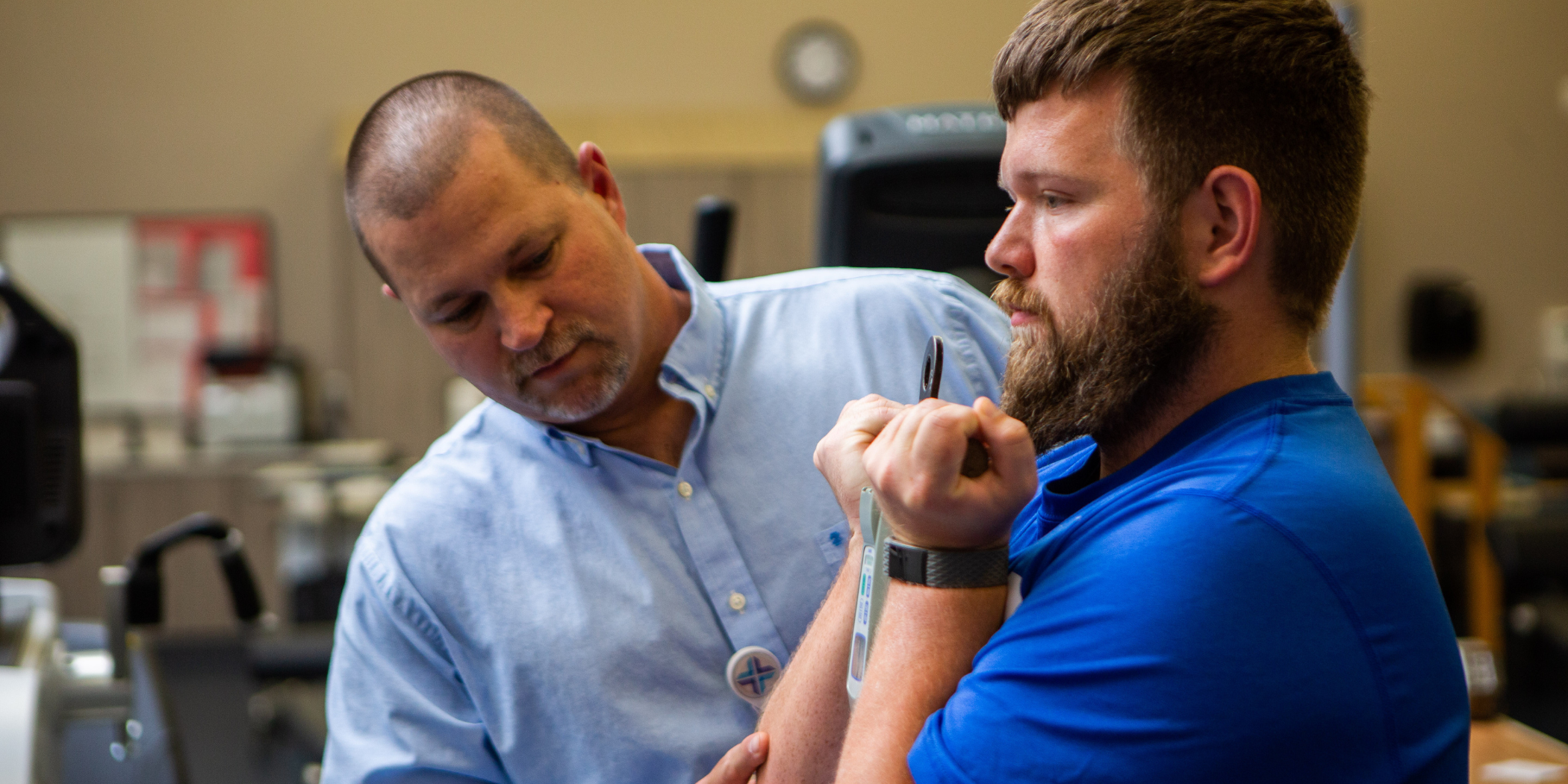
Will your bones betray you?
Women should get bone density screenings every two years.
Women want to remain healthy, independent and active as they age. But their own bones may betray them. Due to diseases like osteoporosis, when a body loses too much bone or makes too little bone, bones become weak and may break.
As women age, they should monitor their bone health. To help, the Bearden-Josey Center for Breast Health at North Grove Medical Park offers bone density testing.
“Women need to have a bone density screening every other year, which marries well with their annual schedule for mammograms,” said Mary Mabry, director of the Bearden-Josey Center for Breast Health, a division of Spartanburg Regional Healthcare System.
This important screening is used to diagnose osteoporosis and determine fracture risk so patients can receive treatment and prevent future ER visits, hospitalizations and even death.
"It's taking time for yourself,” Mabry said. “Women are the backbone of the family, and if you're not taking care of yourself, you're not going to be able to take care of everyone else.”
Osteoporosis causes 2 million bone fractures every year, and 50 percent of women age 50 and older will sustain a fracture caused by it, according to the National Osteoporosis Foundation.
Bone Density Test
The bone density test takes about 30 minutes, Mabry said. A patient needs an order from their doctor for a bone density test, she said.
- First, the radiologic technologist will review your medical history questionnaire, measure your height and weight and then have you lay on your back on the procedure table.
- Next, an X-ray machine will scan over you. The scan will determine the bone mineral density of the lower spine and hips.
- The radiologist will read the scan and compare it to the database to determine a relative value (T-score) for the patient. The lower the T-score, the lower the bone density.
- The report will be sent to the doctor who ordered your test.
Screenings are recommended every other year, unless a patient has a condition or medication that requires a different schedule, Mabry said.
A bone density screening takes about 30 minutes. A mammogram takes about 15 minutes.
Bone density tests are also available at the Spartanburg, Pelham and Westside locations of the Bearden- Josey Center for Breast Health.
Speak with your physician about scheduling a bone density screening.
Should you get tested?
So, who should have a bone density test? The National Osteoporosis Foundation recommends the following groups get tested:
Women
- Women age 65 or older
- Women of menopausal age with risk factors
- Postmenopausal women under age 65 with risk factors
Men
- Men age 70 or older
- Men age 50-69 with risk factors
You should also get tested if you break a bone after age 50.
Risk factors include:
- A family history of osteoporosis
- Insufficient calcium and vitamin D intake
- Broken bones or height loss
- Certain medications and diseases
- Smoking and excessive alcohol intake
- Inactive lifestyle
- Low body weight/being small and thin
- Not eating enough fruits and vegetables
- Rapid weight loss
How can I reduce my risk of osteoporosis?
- Perform exercises for stronger bones, such as aerobics, dancing, jogging, tennis, running, water aerobics, yoga.
- Drink low-fat or fat-free dairy products.
- Eat calcium fortified food.
- Incorporate dark green vegetables, like kale and broccoli into your diet.
- Don't drink too much alcohol.
- Quit smoking.
- Drink less soda.











